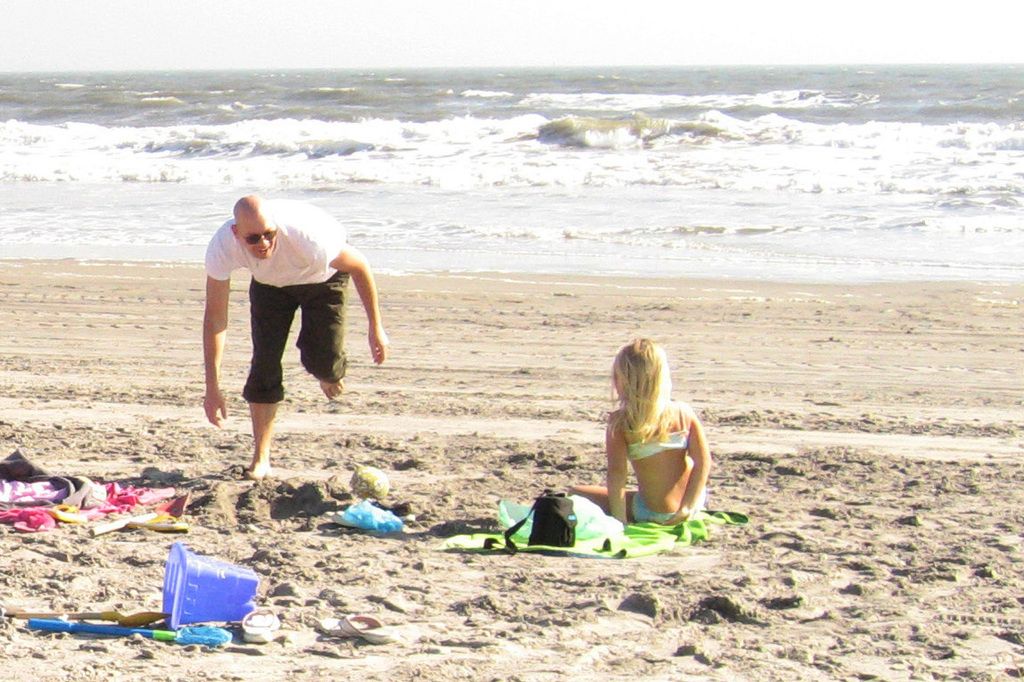European Union Bolsters Sanctions Against Russia, Imposing Tariffs on Agricultural Products and Fertilizers
EU imposes tariffs on Russian fertilizers and agricultural products
Here's the lowdown on the EU's decision to impose new tariffs on agricultural products and fertilizers from Russia and Belarus.
The EU has taken a stand, approving increased tariffs on goods from Russia and Belarus, with the aim ofstrangling funding sources for Russia's ongoing war against Ukraine. These tariffs will affect a broad range of items, from sugars, vinegars, and flours to animal feed and fertilizers, including nitrogen- and urea-based products.
Key Points
- Effective Date: July 1, 2025
- Product Category: Agricultural products, fertilizers, and associated goods
- Tariff Levels (2025): Additional €40–45 per tonne for fertilizers, with existing tariffs of about 6.5% applying as well.
- Tariff Levels (2028): Up to €430 per tonne for fertilizers.
- Product Coverage: Estimated to impact approximately 15% of Russian agricultural exports to the EU in 2023.
- Objective: To reduce income for Russia and Belarus and decrease EU reliance on these countries.
A phased-in increase in fertilizer tariffs will take place over three years, with annual escalations until 2028. In 2023, around a quarter of the fertilizers affected by these new tariffs were imported from Russia, with a total value of 1.28 billion euros.
The EU's Commission will monitor the impact on prices and the internal market, taking corrective action if needed to protect the EU agriculture sector. The move could lead to reduced imports of affected goods, particularly fertilizers, and may cause short-term price fluctuations. However, the EU aims to foster domestic production and seek alternatives for essential imports to boost food security and build economic resilience.
This action demonstrates the EU's unified stance in support of Ukraine and underscores its commitment to economically pressuring Russia and its allies to end their aggression. The sanctions could also put additional strain on Belarus, which is closely aligned with Russia and may face increased isolation from EU markets.
Sources: ntv.de, lar/dpa
- Russia
- EU
- Tariffs
- Agricultural raw materials
- Trade
- The EU's employment policy may need to address the potential shortage of domestic fertilizer manufacturers as a result of increased tariffs on Russian imports.
- The EU's community policy should consider providing financial aid to affected industries, such as the manufacturing sector, to help them weather the impact of these tariffs on their supply chain.
- The increased tariffs on agricultural products and fertilizers from Russia and Belarus could have political repercussions, impacting the future of trade relations between the EU and these countries in the field of general-news.







